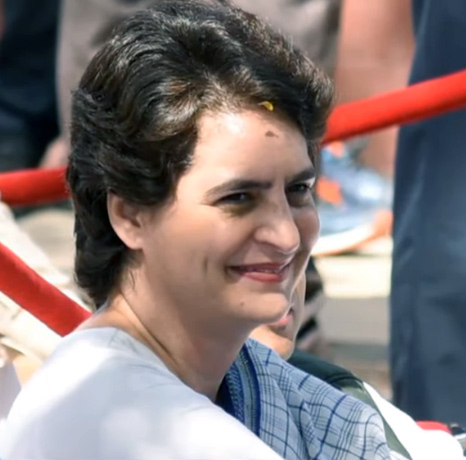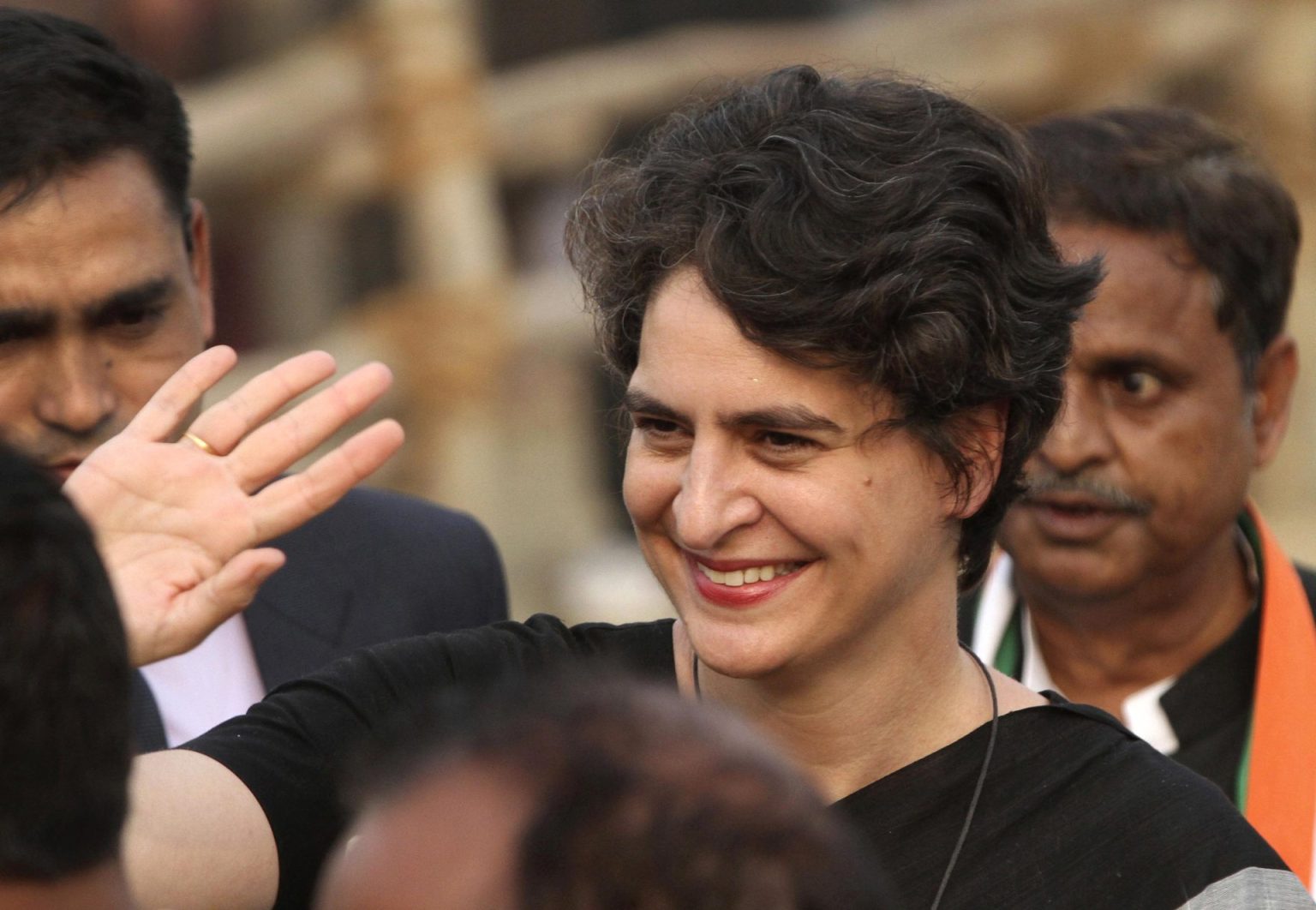In a turn of events that has sent ripples across the political landscape of Madhya Pradesh, an FIR has been lodged in response to Priyanka Gandhi’s allegations of corruption involving a shocking ‘50% commission.’ This article delves into the background of the case, examines its legal and political ramifications, and explores the broader implications for Indian democracy and political discourse.
The Genesis of the Allegations:
The controversy erupted with a social media post by Priyanka Gandhi Vadra, a prominent Congress leader. In her post, she claimed that contractors in Madhya Pradesh were being coerced into paying a staggering 50% commission. This explosive allegation struck a chord with citizens and ignited a heated debate over corruption within the government.
Legal Underpinnings:
The FIR, filed by the Indore Police, invokes key sections of the Indian Penal Code (IPC), most notably Section 420 (cheating) and Section 469 (forgery with intent to harm reputation). Nimesh Pathak, a member of the local BJP’s legal cell, lodged the complaint, alleging that the Congress leaders orchestrated a misinformation campaign against the BJP government by circulating a forged letter.
The Investigation Unfolds:
The FIR’s filing has set the wheels of investigation in motion. Central to the inquiry is the authenticity of the alleged fake letter, which formed the basis for the corruption allegations. The investigation aims to determine whether the Congress leaders had concrete evidence to substantiate their claims or whether they engaged in a calculated attempt to defame their political opponents.

The Interplay of Politics:
The timing of the FIR is significant, given the impending elections and the intense rivalry between the Congress and the BJP in Madhya Pradesh. Both parties are using the allegations and the FIR to sway public opinion and consolidate their bases. The FIR has intensified the political discourse, further polarizing the electorate and sharpening the lines between the two major players.
Balancing Free Speech and Responsibility:
The case underscores the fine balance between the right to freedom of expression and the accountability that comes with wielding political influence. While political leaders have a responsibility to voice concerns and criticisms, they must ensure their claims are supported by verifiable evidence. The FIR serves as a cautionary tale about the legal consequences of making unsubstantiated allegations.
Media’s Role and Public Perception:
Media coverage plays a pivotal role in shaping public opinion and influencing the direction of the case. The media’s responsibility lies in presenting a balanced and factual account of the allegations, the FIR, and the subsequent investigations. This case also highlights the potency of social media as a tool for disseminating information and rallying public support.
Broader Implications for Indian Politics:
The FIR has implications beyond the immediate legal and political context. It showcases the challenges faced by a democratic nation in addressing allegations of corruption and malpractice. The case highlights the need for transparent governance, credible evidence, and the appropriate channels for addressing grievances within the political system.
Ethical Considerations in Public Discourse:
Ethical considerations loom large in the wake of this incident. The FIR prompts reflection on the ethical responsibilities of political leaders when making grave allegations. It calls for introspection on the boundaries of political discourse and the potential consequences of deploying unverified information for political gains.
Legal Battles and Accountability:
As the investigation unfolds, legal battles may emerge both in courtrooms and public forums. The burden of proof falls on both complainants and accused parties to substantiate their claims. The FIR’s outcome will set a precedent for future cases and potentially reshape the dynamics of addressing corruption allegations in Indian politics.
A Test of Judicial Fairness:
The case also places the judiciary under scrutiny as it navigates through evidence and legal arguments. The court’s role in ensuring a fair trial, impartiality, and the adherence to due process will be pivotal. The case’s verdict will resonate in the legal arena and have far-reaching implications for future legal battles over political allegations.
The FIR filed over Priyanka Gandhi’s ‘50% commission’ corruption claim marks a pivotal moment in the political narrative of Madhya Pradesh and the broader Indian political landscape. This case encapsulates the intricate interplay between legality, politics, ethics, and media dynamics. As investigations progress, it will shape perceptions of corruption, accountability, and political responsibility in the state and beyond. Ultimately, this incident calls for a reevaluation of the ethical and legal standards upheld by political leaders and serves as a reminder of the power of responsible leadership in safeguarding the democratic values of the nation.













